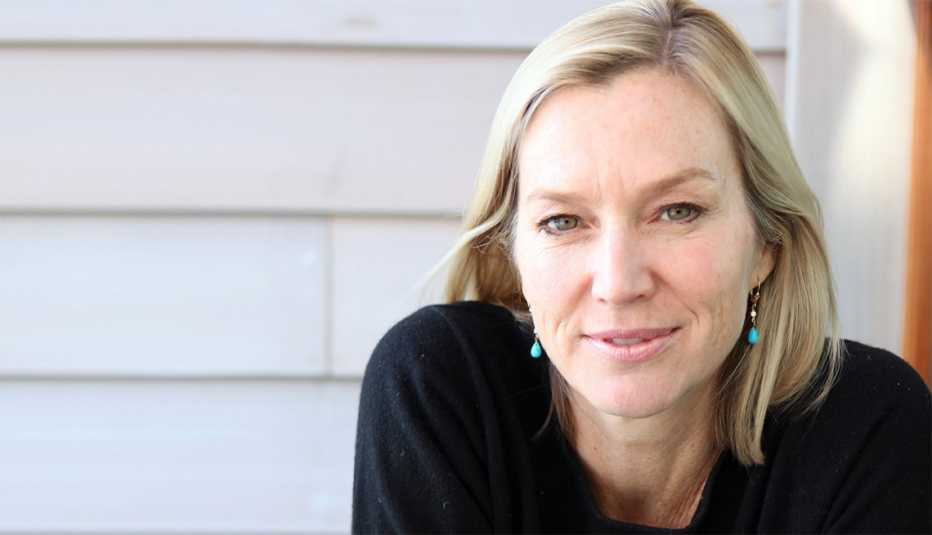AARP Hearing Center


My attention was drawn to the card kiosk in the bookstore. No matter the occasion, I always gravitated toward the humorous ones.
During the COVID-19 pandemic, I’d gotten in the habit of sending cards to my mother on a regular basis, imagining her delight when she discovered a handwritten envelope in the mailbox at her senior facility.
As I reached for one of the Mother’s Day cards, it suddenly hit me: My mother was dead. I felt the familiar vertical drop of my heart, like the stomach flip-flop when the car goes over a rise, as I placed the card back on the rack.
Embedded in that one-second realization was the knowledge that I’d never send her another card, never again call with an update on a grandchild or a book I was enjoying. I suddenly longed to hear the familiar rise in her voice when she discovered her eldest daughter on the phone. “Oh, Leeeeeeee,” she would say, drawing out my name with a combination of surprise and delight.
A slowly shrinking circle
My mother passed away shortly after New Year’s Day this year. I wrote about that experience in this column, the slow fade we three sisters witnessed, without a road map of how it would unfold and what we would do.
She was mostly present mentally, her short-term memory cutting in and out, and then, suddenly, her cognition would roar back. She’d stopped using the stove, stopped taking walks, slowly self-censoring her behaviors, removing our need for hard conversations around aides and other assistance, at least temporarily.
Her world was an ever-tightening circle, shrinking and slimming, and still we watched and waited, unsure what event or tragedy would force a change in her independent living situation. It was inevitable that something had to give.
And then, suddenly, there it was. She’d had enough of living what she saw as a vastly diminished life.
Her constant refrain of not wanting to get to 90 suddenly became a manifest destiny. My mother announced she didn’t want to live anymore. And so began her determination to die on her own terms. First, she stopped eating, and then largely stopped all fluids. When hospice was called in, she was mercifully put out of pain and discomfort as her body completed the task of shutting down to die.
As her dying fell amid the holidays, the joy of celebration, a niece’s surprise engagement and the fun of being together comingled with the reality of losing our mother. Sorting through her possessions and sitting by her bedside, I wondered what the three of our lives would look and feel like without the connection of caregiving.
That role would be removed with her death. While some parts of that would be a relief, there was an inexplicable gift in being able to care for my mother. It was the ultimate act of love and reciprocity from a child to a parent.







































































More on Caregiving
How to Forgive Others After Family Caregiving Ends
Looking at the past with new insight may help caregivers get over lingering hurt, anger
How Hospice Helped My Family
A daughter reflects on the decision she made for her father and how much the support meant to them